
Mast Bearing - A bearing is a gadget which enables constrained relative motion between two or more components, usually in a linear or rotational procession. They can be commonly defined by the motions they allow, the directions of applied cargo they could take and in accordance to their nature of utilization.
Plain bearings are very commonly utilized. They use surfaces in rubbing contact, normally together with a lubricant like for example oil or graphite. Plain bearings may or may not be considered a discrete gadget. A plain bearing can comprise a planar surface which bears one more, and in this particular case will be defined as not a discrete device. It may have nothing more than the bearing surface of a hole with a shaft passing through it. A semi-discrete example will be a layer of bearing metal fused to the substrate, whereas in the form of a separable sleeve, it will be a discrete tool. Maintaining the right lubrication allows plain bearings to be able to provide acceptable accuracy and friction at the least cost.
There are various kinds of bearings which could improve reliability and accuracy and cultivate efficiency. In many uses, a more appropriate and specific bearing can improve weight size, operation speed and service intervals, therefore lessening the total costs of utilizing and purchasing equipment.
Bearings would differ in shape, application, materials and needed lubrication. For example, a rolling-element bearing will use drums or spheres among the parts in order to limit friction. Reduced friction gives tighter tolerances and higher precision compared to plain bearings, and less wear extends machine accuracy.
Plain bearings can be made of metal or plastic, depending on the load or how corrosive or dirty the surroundings is. The lubricants which are utilized can have significant effects on the lifespan and friction on the bearing. For instance, a bearing could function without any lubricant if continuous lubrication is not an alternative since the lubricants could attract dirt that damages the bearings or equipment. Or a lubricant could enhance bearing friction but in the food processing business, it can need being lubricated by an inferior, yet food-safe lube so as to prevent food contamination and ensure health safety.
Nearly all bearings in high-cycle uses need some cleaning and lubrication. They may need regular adjustment so as to reduce the effects of wear. Various bearings could need occasional maintenance to prevent premature failure, although fluid or magnetic bearings may need not much maintenance.
Prolonging bearing life is normally done if the bearing is kept clean and well-lubricated, though, some kinds of use make consistent upkeep a difficult job. Bearings situated in a conveyor of a rock crusher for instance, are constantly exposed to abrasive particles. Regular cleaning is of little use as the cleaning operation is pricey and the bearing becomes contaminated once more when the conveyor continues operation.
![]() Click to Download the pdf
Click to Download the pdf
Forklift Parts
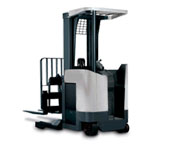

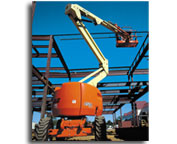
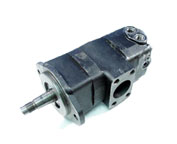
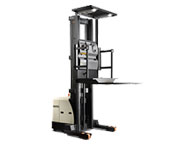
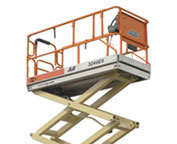
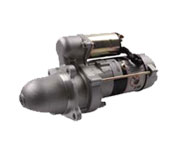
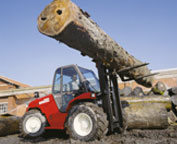
Lift Parts Express
TOLL FREE: 1-888-695-7994
LOCAL: 562-274-7605
13337 SOUTH ST 567
Norwalk, California
forkliftpartsnorwalk.com
Email Us
About Us



